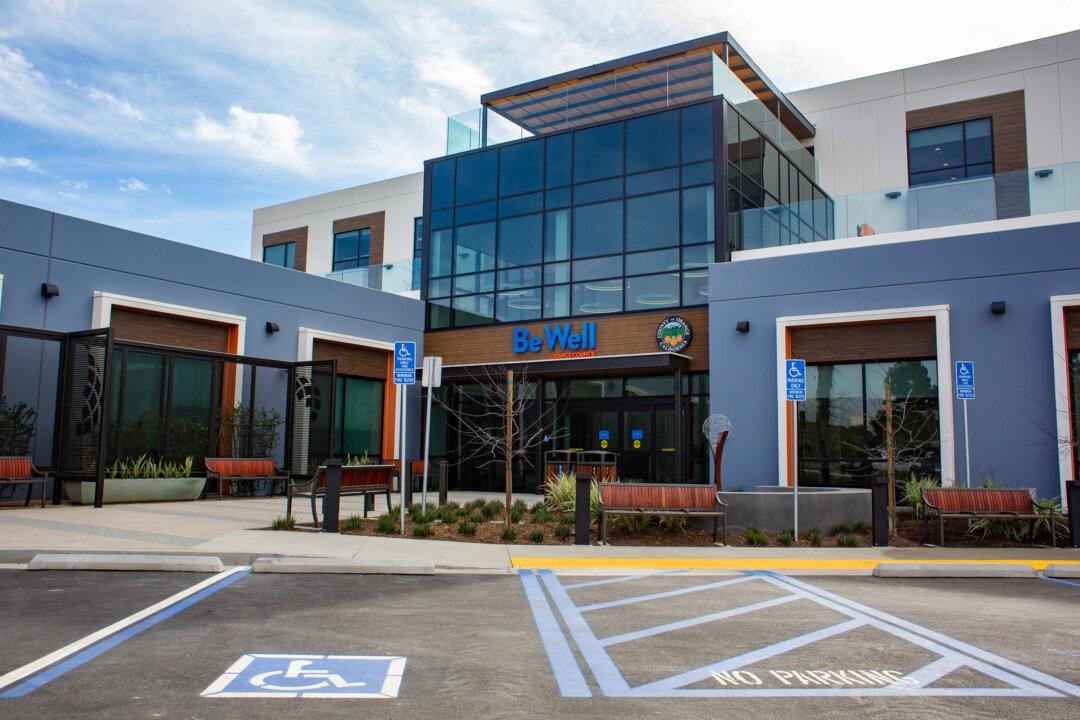Be Well Orange County (OC) celebrated the opening of its new facility Jan. 13 with a virtual ribbon cutting.
Located in Orange, the new 60,000-square-foot facility will offer mental health and substance abuse treatment services.

Be Well Orange County (OC) celebrated the opening of its new facility Jan. 13 with a virtual ribbon cutting.
Located in Orange, the new 60,000-square-foot facility will offer mental health and substance abuse treatment services.